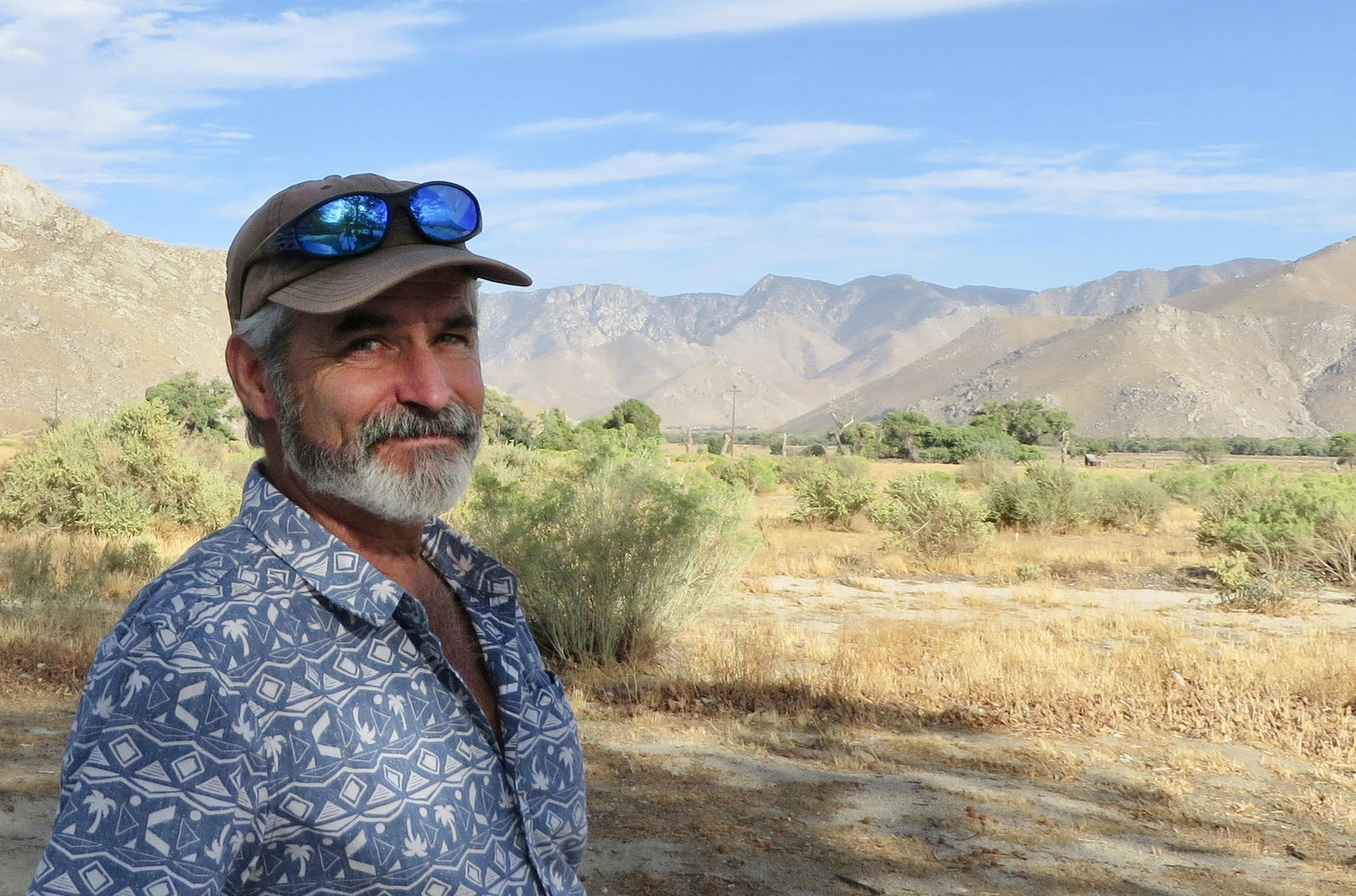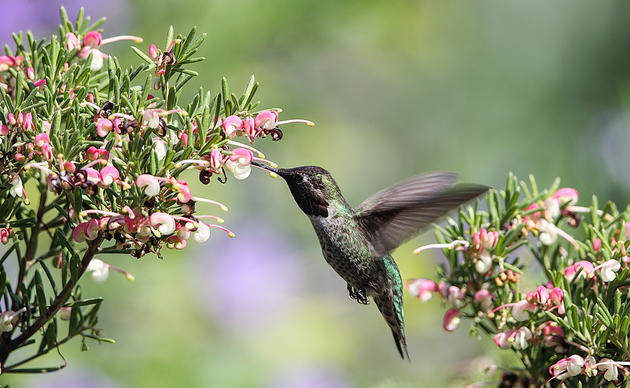
“When I first came here, the emphasis was on planting trees,” says Reed Tollefson, who has been the manager of the Audubon Kern River Preserve for 30 years, through ownership by The Nature Conservancy and Audubon California. “Now it’s protecting all this land around us.”
Tollefson’s experience at the Preserve is an education on how habitats are interconnected by water, by wildlife corridors, by human activity. Tollefson and others quickly realized that while land stewardship was vital to protecting the native cottonwood-willow forest habitat along the Kern River, it wouldn’t be enough. They needed to find ways to keep the river beyond the Preserve flowing at current levels, and make sure that important connections to adjacent habitat were not degraded or lost to development.
The result has been the protection of more than 53,000 acres beyond the original Preserve. Some of this has been purchased outright and added to the Preserve, but in most cases Audubon California has worked with partners to either put the properties in public hands or under conservation easements.
Tollefson has learned some hard lessons along the way. For instance, several years ago Audubon was part of a coalition attempting to purchase and protect the important 64,000-acre Onyx Ranch, but was outbid by a private company. Instead of taking a combative stance, Tollefson found ways to work with the new owner to protect important parcels, the biggest of which was 25,000 acres of prime habitat in the Southern Sierra Desert Canyons IBA recently acquired by the state.
“This is tough work and you’re going to get beat, and when that happens you need to stay focused on your goal of habitat protection,” said Tollefson. “And you may find yourself striking a new alliance with the people that beat you.”
It’s an ongoing process of getting wins when you can.
The result has been the protection of a magnificent stretch of habitat. The Kern River Preserve sits at the heart of a Globally Significant Important Bird Area, a refuge for Western Yellow-billed Cuckoo, Southwestern Willow Flycatcher, and a stronghold for numerous other birds that favor river habitats.
“We’re increasingly seeing that this region is a pivotal part of a massive wildland corridor that runs from the Sierra Nevada to the coastal ranges of California,” says Tollefson. “It’s well worth all the effort we’re putting into protecting it.”
By Garrison Frost
Monthly Giving
Our monthly giving program offers the peace of mind that you’re doing your part every day.




